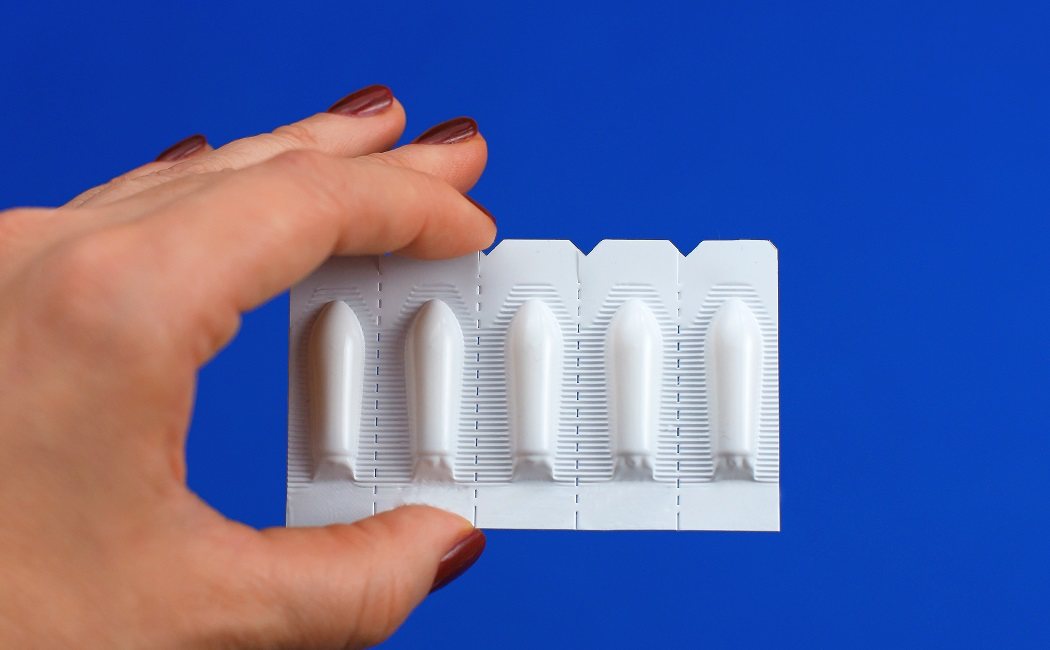If you are taking progesterone suppositories you may notice a slight staining. Do you have anything to worry about?
Progesterone supplementation is available in many forms. And women eat them for a variety of reasons. Like almost all medications, progesterone therapy is associated with specific side effects. Some of these side effects occur only with progesterone supplement formulations, such as progesterone suppositories or injections. But most of the side effects, such as memory It is specific to the hormone progesterone.
If you notice something unusual You will need to consult a doctor. This is especially true if you notice troubling side effects when starting progesterone treatment. Don’t put up with the side effects. Because if something unusual happens You always have time to change.
Progesterone therapy
Your doctor may prescribe progesterone if you have a condition where your progesterone level is too low and causing adverse effects. These conditions include infertility caused by low levels of progesterone. Irregular menstrual cycles, endometriosis Endometriosis and the pain associated with this condition Progesterone can also be used to help treat certain types of cancer. Your doctor may prescribe progesterone replacement medicine if you have entered menopause and have not had your uterus removed.
benefit
If you are a woman of childbearing age who is having trouble conceiving due to a condition. such as polycystic ovary syndromeThis causes low progesterone levels. Your doctor may recommend hormone injections, creams, or suppositories to start and regulate your menstrual cycle.
This is because irregular menstrual cycles are associated with ovulation or insufficient ovulation. Regulating your cycle can increase your chances of getting pregnant.. If you want to get pregnant Your doctor may recommend continuing progesterone therapy. If your body does not produce enough hormones to sustain a pregnancy.
If you have entered menopause and your ovaries no longer produce progesterone. Progesterone replacement therapy can help reduce the increased risk of uterine cancer after menopause. Protects the uterine lining from becoming too thick.Progesterone therapy is also used in combination with estrogen therapy for complete hormone replacement to control menopausal symptoms such as insomnia and hot flashes.
side effects
Side effects associated with all types of progesterone therapy including suppositories They are numerous and include abnormal vaginal bleeding.. Increased bleeding during menstruation, dysmenorrhea (stopping of menstruation) and bleeding between periods. These are all types of abnormal bleeding that may occur during treatment. Other common side effects include headaches. liquid storage Mood changes, drowsiness, weight gain, dizziness, stomach pain, and breast pain.
Things you shouldn’t forget
Although stable at room temperature But when you insert progesterone suppositories into your vagina or rectum. The preparation begins to melt due to body temperature. What you may be experiencing as vaginal bleeding could be a slight leak from the vagina or rectum of the liquid suppository. Some progesterone suppositories have been associated with orange and brown vaginal discharge due to the medication itself.
If you’re having trouble discerning whether the spotting is from the suppository or vaginal bleeding. You will need to talk with your doctor.If you have certain health conditions Continue progesterone therapy with extreme caution. In some cases, progesterone replacement therapy may be contraindicated.
These conditions include migraine headaches; asthma; epilepsy; history of breast cancer or cancer; diabetes; History of heart disease, such as heart attack or stroke. History of blood vessel disease, such as blood clots and deep vein thrombosis. and history of memory loss related to dementia. Progesterone therapy may make these symptoms worse, and This puts you at risk for serious medical conditions or even death.

